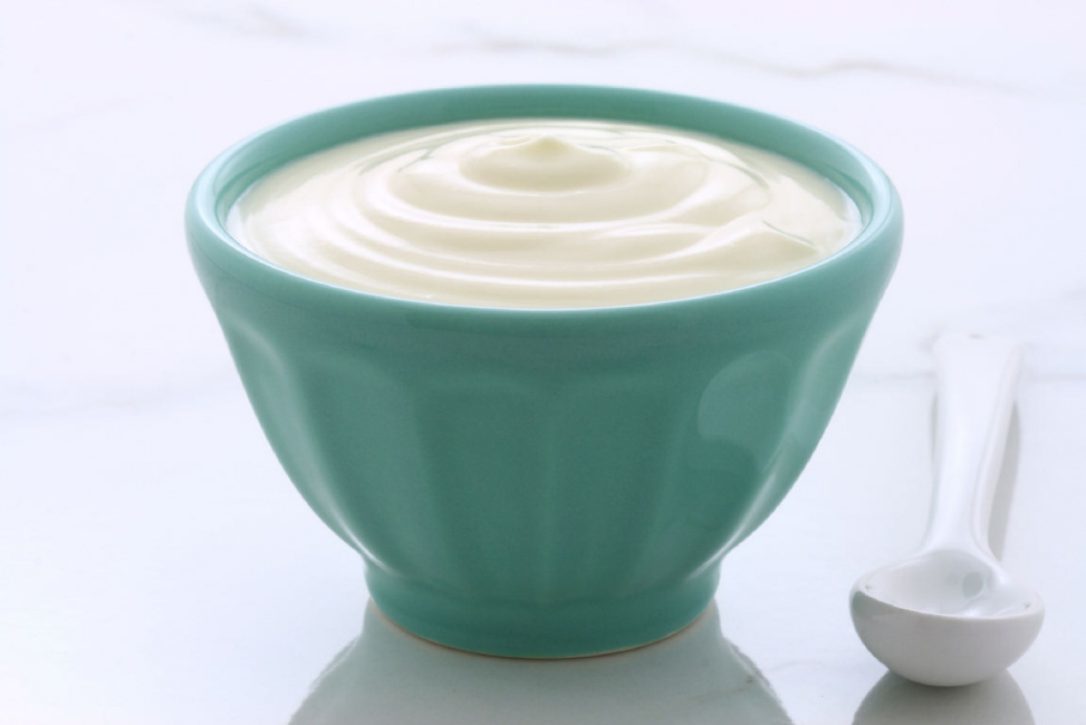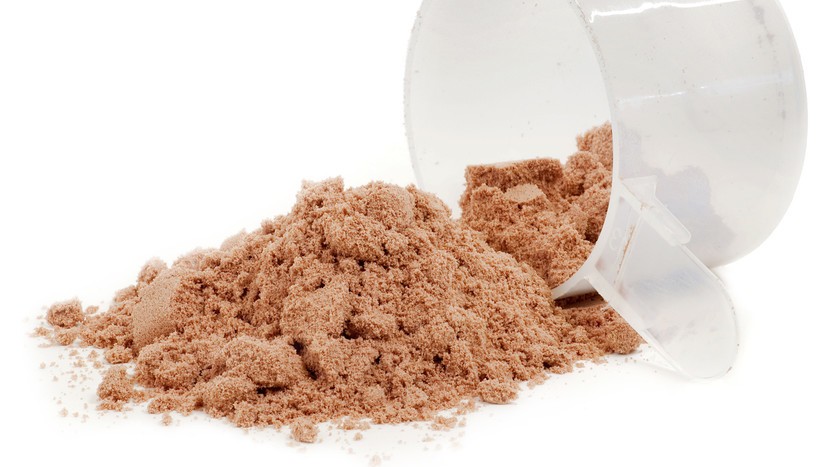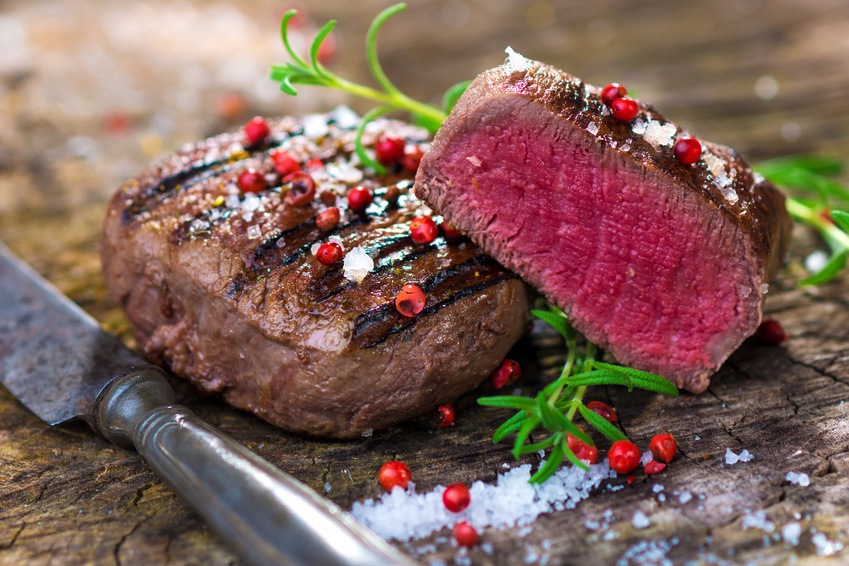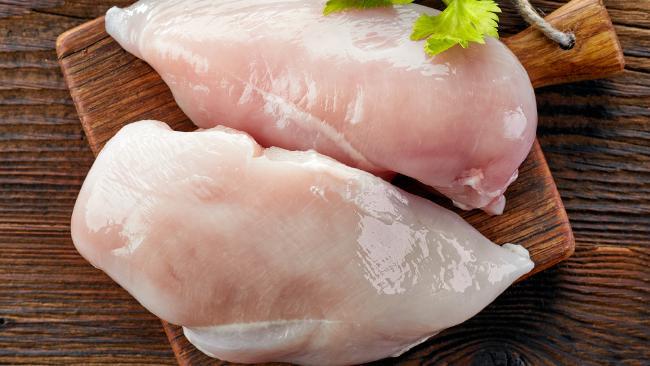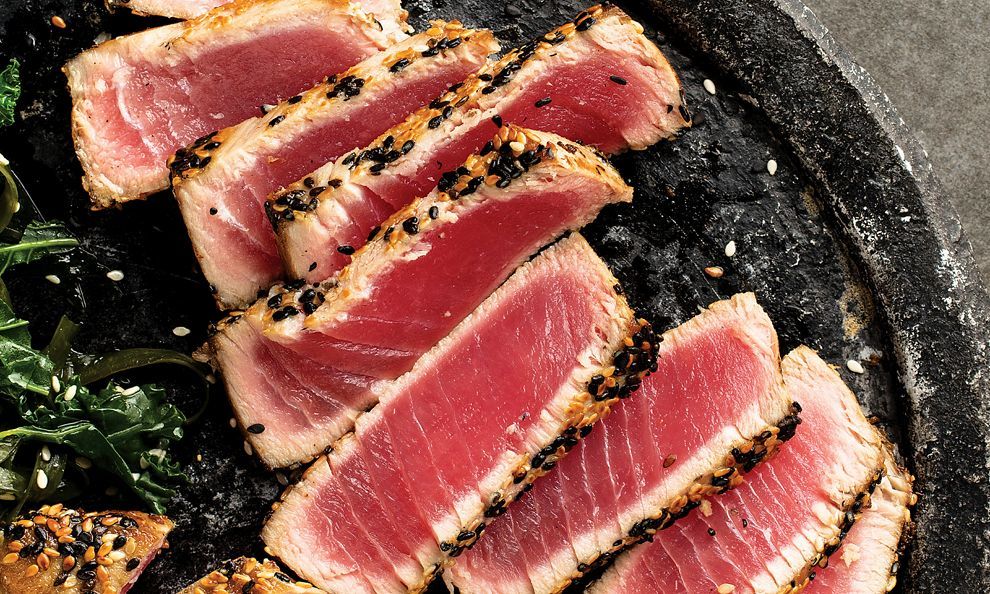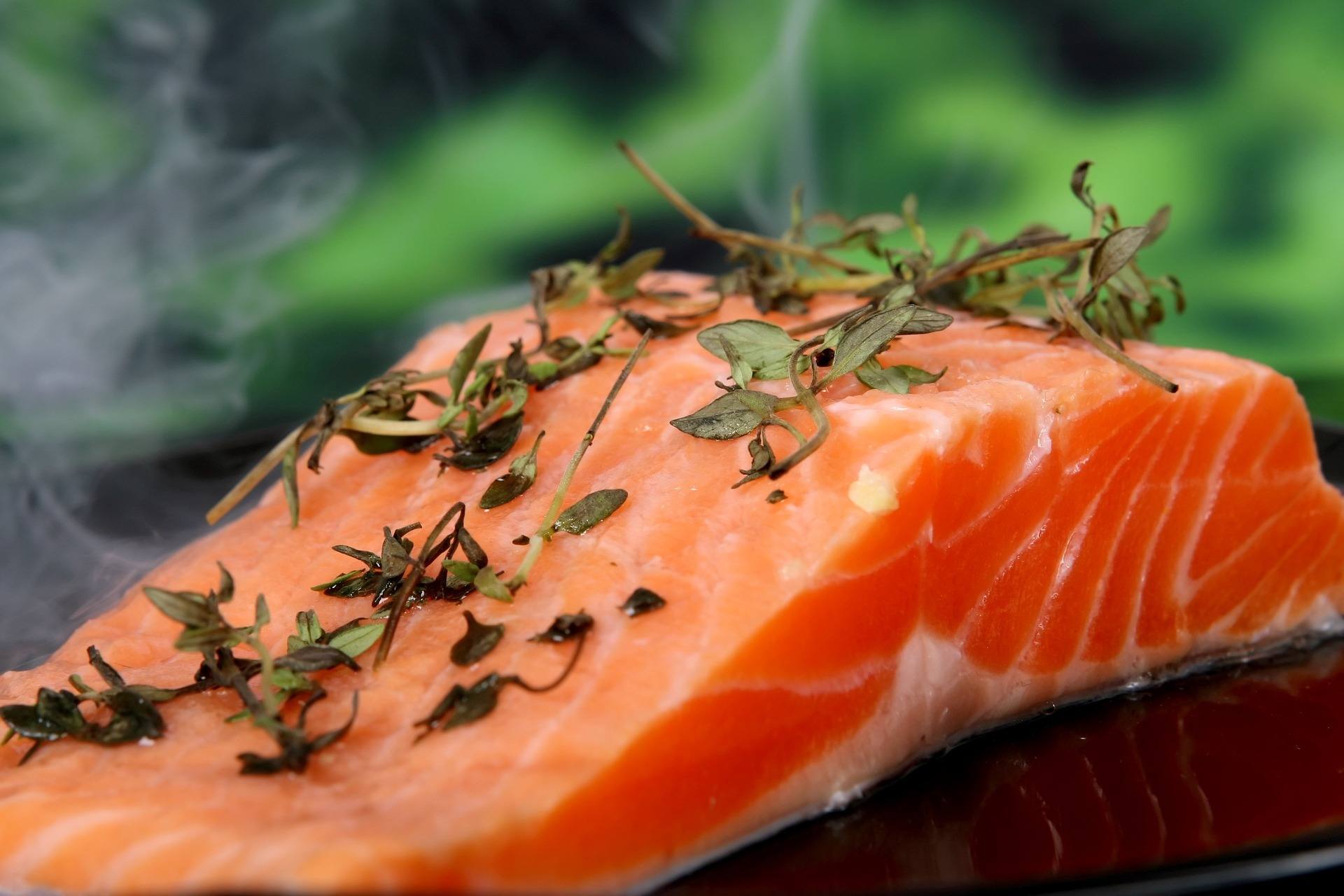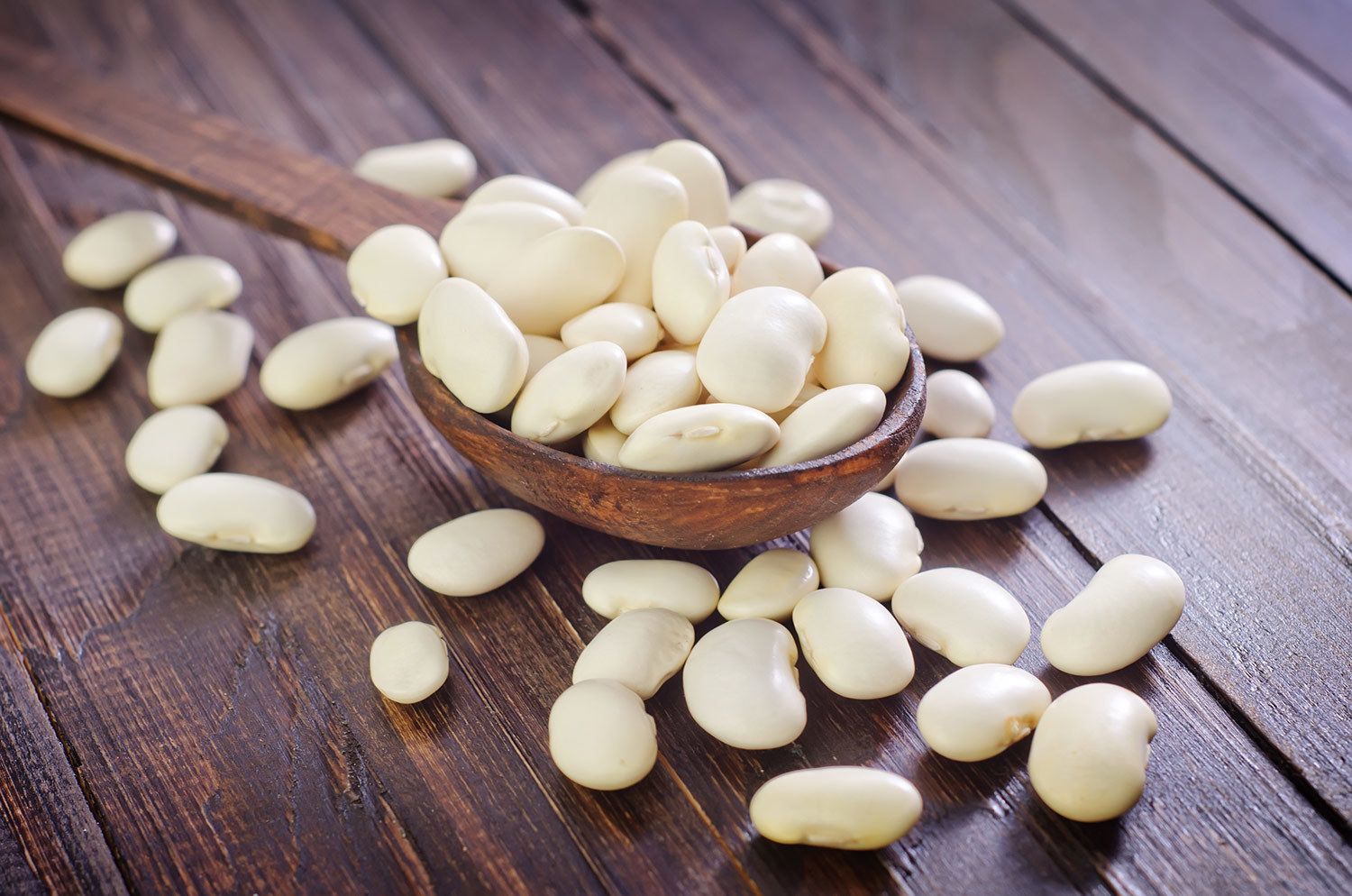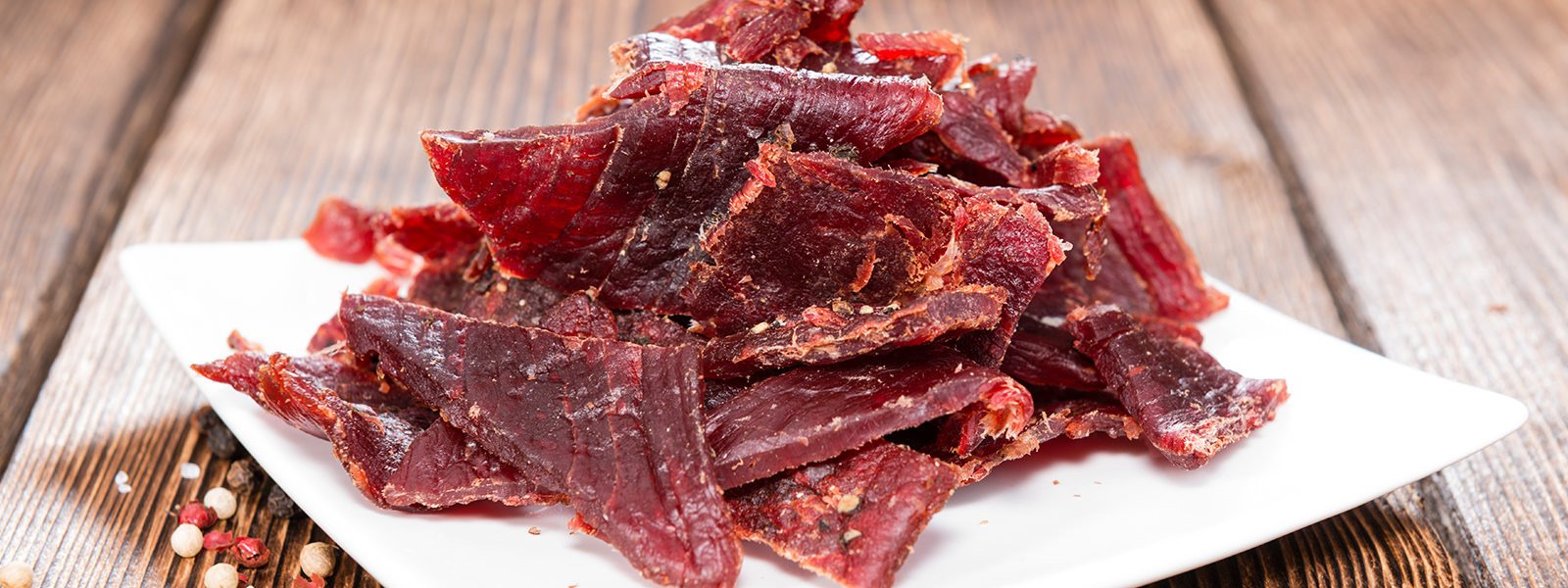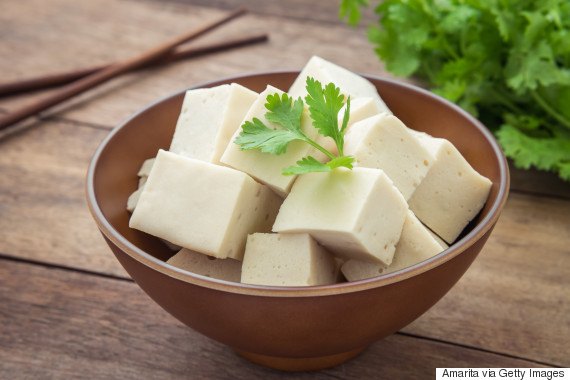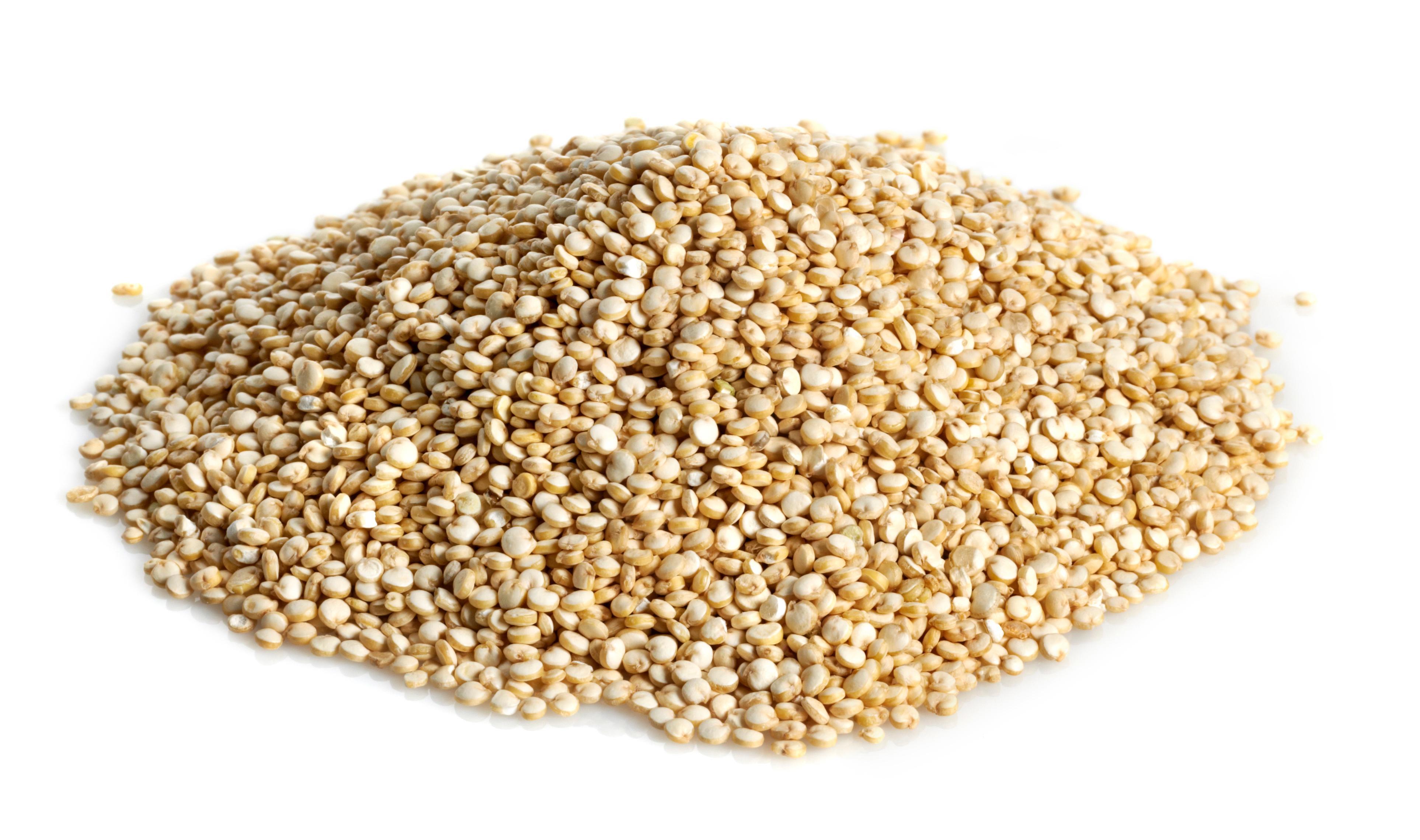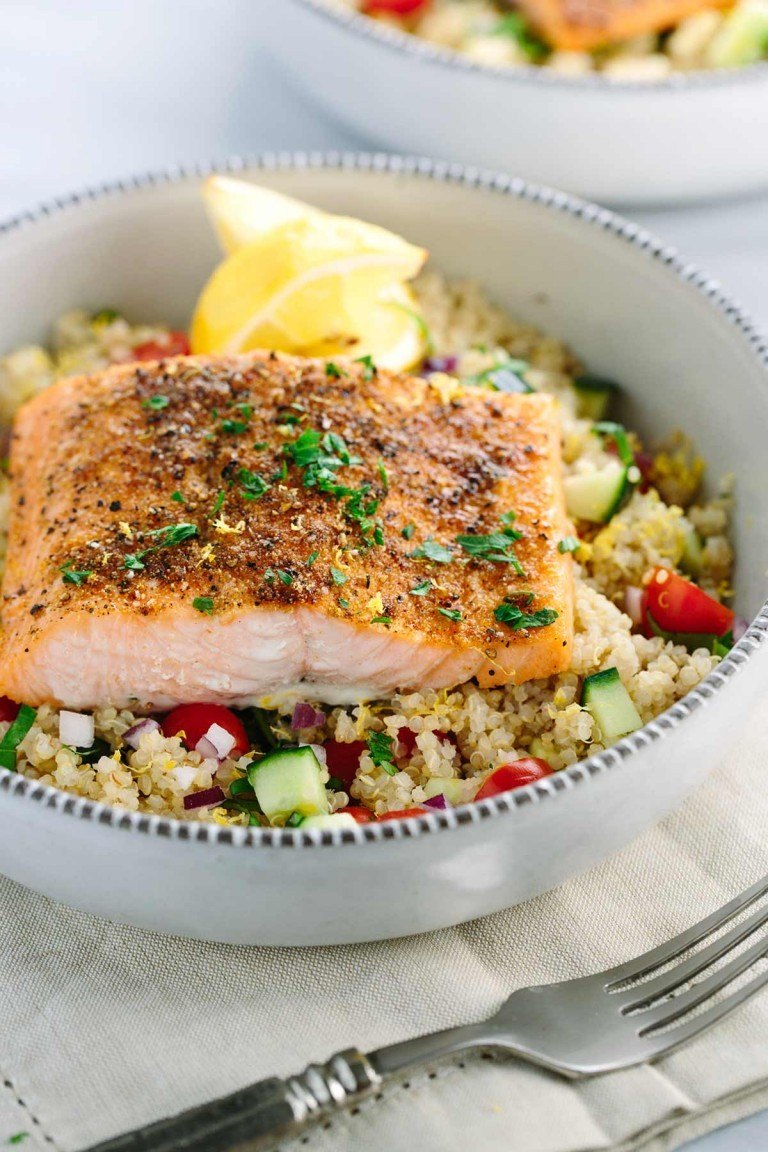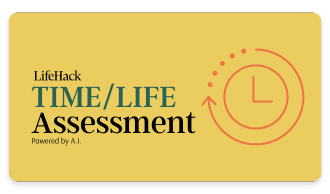If you are among active individuals seeking the best results from your exercise routine, diet, and lifestyle, the right balance of protein, carbohydrates, and low-fat foods are key factors that can provide you with the right nutrients and the most energy with few negative effects. Proteins are especially important for gym goers because they’re essential for building and repairing muscles and maintaining glycogen levels that support energy. That’s why you probably overheard fellow gym members talking about their high-protein, low-fat foods.
When you start a workout regimen, many concerns will come up. Will you be able to maintain muscle mass at a calorie deficit? Is it possible to maintain/gain muscle while losing fat? How do you maximize your performance at the gym? And on many days you will find yourself wondering how to recover from that muscle soreness as fast as possible. The answer to all these questions is protein.
Diet Essentials for fitness enthusiasts
- High protein foods are very filling; they help build muscle, reduce cravings and fire up weight loss. Proteins are the most essential macronutrient for gym goers. In contrast, high-fat foods can slow down digestion and make food sit in your stomach for too long especially just before a workout.
- Breakfast is extremely important to pump you full of energy at the beginning of your day. Complex carbohydrates, lean protein, healthy fats, and a variety of fruits and vegetables can all help boost energy and maximize nutrient levels. The most important macros to include in your breakfast, however, are proteins and complex carbohydrates.
- Foods that support healthy brain functions should be a staple in every healthy diet. The best brain foods are those rich in omega-3 fatty acids, antioxidants. These include wild caught salmon, blueberries, nuts and seeds and avocados.
Do you feel tired easily during workouts?
- If so, your body may be missing a substance called creatine to help top up energy levels. Creative is also leaked out of the muscles during workouts. This increases a condition called Delayed Onset Muscle Soreness (DOMS)
- Creatine is found in high-protein foods such as red meat or in protein powders. 3-5 grams before and after working out provides that extra boost of energy.
How much protein you really need?
If you have been doing your fitness research, odds are you have heard about the importance of protein from every single source. Many exercisers, especially those focusing on weight training, consume large amounts of protein in every meal. This probably left you wondering about your protein needs.
- The average adult needs at least 1 gram per pound of body weight. For example, if you weigh 175 pounds, you need between 140-227 grams of protein per day.
- Eating high-protein foods increases the number of calories your body naturally burns each day and is the key factor in preserving lean muscle while burning fat.
- During workouts, small tearing occurs in your muscles, so you need the amino acids in protein to repair and rebuild those muscles, and that’s how they become bigger and stronger.
- If this damage is not repaired, the body will use muscle tone and bone minerals to substitute, so instead of losing fat, you end up losing muscle mass.
Here are TOP 10 high-protein low fat foods you can add to your diet:
1. Greek Yogurt (23 g. per 8oz. Serving)
- Twice as much protein as regular yogurt
- Probiotics and calcium help build and strengthen bone mass
2. Whey Protein (24 g. per scoop) (Add to shakes before and after workouts)
- Clean, fast digesting, muscle building protein
- Low in calories, high in amino acids
3. Steak (Top or Bottom Round) (23 g. per 3 oz. Serving)
- Leaner cuts provide 1 gram of protein for every 11 calories consumed when compared to ribeye.
4. Turkey Breast (24 g. per 3 oz. Serving)
- Low fat
- Rich in zinc, potassium, zinc, vitamin B6 and niacin, both essential for energy
- Can help lower cholesterol
5. Yellow Fin Tuna (25 g. per 3 oz. Servi ng)
- B vitamins, and selenium (antioxidant)
6. Sockeye Salmon (Wild) (23 g. per 3 oz. Serving)
- One of the best brain foods
- Provides 25% more protein than raised salmon
- Rich in omega-3 fatty acids
7. Navy Beans (Canned) (20g. Per 3 oz. Serving)
- Provides 13g. Dietary fiber
8. Jerky (13g. Per 1 oz. Serving)
- Builds muscle
- Rich in vitamin B and minerals
9. Tofu (12 g. per 3oz. Serving)
- Has all 8 amino acids
- High in calcium, selenium, copper, iron and vitamin B1
10. Quinoa (8 g. Per 1 cup serving)
- The only plant food with a full chain of amino acids
- Rich in fiber, manganese, magnesium, phosphorous, etc.
Start Off With This Delicious Recipe Maybe?
Baked Salmon with Quinoa and Vegetables
- 1 cup quinoa uncooked, truRoots Organic
- 1/2 teaspoon kosher salt
- 3/4 cup english cucumbers diced, seeded
- 1 cup cherry tomatoes sliced in half
- 1/4 cup red onion finely diced
- 4 basil leaves thinly sliced
- zest of one lemon
- 1/2 teaspoon kosher salt
- 1/4 teaspoon black pepper
- 1 teaspoon cumin
- 1/2 teaspoon paprika
- 20 ounces salmon fillets (four 5-ounce pieces)
- 8 lemon wedges
- 1/4 cup parsley chopped fresh
- In a medium saucepan with a lid, bring 1 cup quinoa, 2 cups of water and ½ teaspoon salt to a boil. Cover and reduce to a simmer, cooking about 20 minutes or according to package directions until quinoa is light and fluffy. Turn off heat and let sit for at least 5 minutes covered before serving. Right before serving mix in the cucumbers, tomatoes, onions, basil and lemon zest. Meanwhile, make the salmon.
- In a small bowl combine salt, pepper, cumin and paprika. Line a sheet pan or glass dish with foil and lightly grease with olive oil or nonstick cooking spray. Transfer salmon fillets to pan. Evenly coat the surface of each fillet with about ½ teaspoon of the spice mixture.
- Place the lemon wedges on the edge of the pan with salmon.
- Broil on high with the rack placed in the lower third of the oven for 8 to 10 minutes, or until salmon is cooked and flakes apart easily with a fork. Sprinkle with parsley and serve with roasted lemon wedges and vegetable quinoa.
Smart Eating Plans Make Your Workout More Effective!
Your workout regimen can only do so much alone. A smart eating plan has to go hand in hand with your exercise to ensure that your gym efforts front go to waste. A healthy diet plan that is full of high-protein, low-fat foods will help you maintain muscle mass, increase energy levels, recover quickly, stay full longer and lose that stubborn fat.
Bibliography
Armstrong, R. B., 1984. Mechanisms of exercise-induced delayed onset muscular soreness: A brief review. Medicine & Science in Sports & Exercise, 16 (6), 529-38 and
Belnave, C. D., & Thompson, M. W. 1993 Effects of training on eccentric exercise-induced muscle damage. Journal of Applied Physiology, 75 (4), 1545-51
Coach Magazine, UK – Creatin: All you need to know. February 17, 2017
Featured photo credit: http://www.coachmag.co.uk/ via google.com
Ready for a Goal Breakthrough? Unlock Your Personalized Strategy
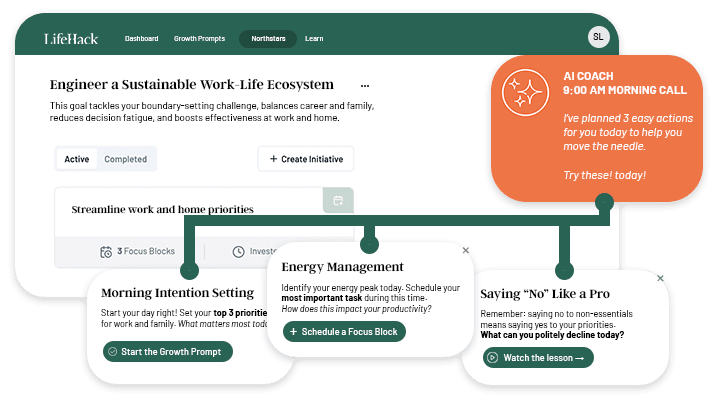
Experience the power of a strategy tailored just for you.
Our personalized system provides:
- Custom-crafted action steps based on your unique situation
- Insights tailored to your specific challenges and strengths
- A personalized roadmap to turn your goals into reality
Tailored recommendations powered by smart analysis

